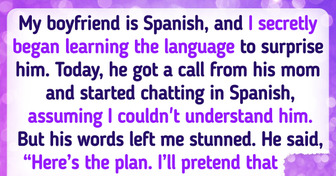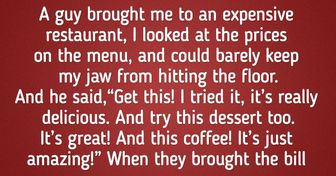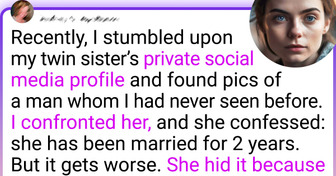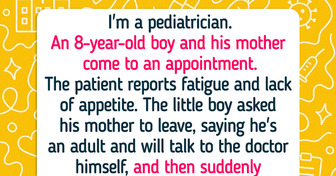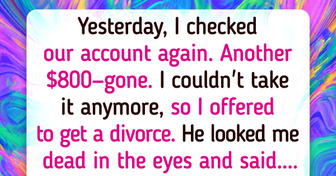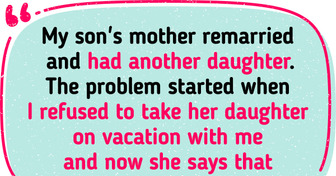Model Lost Entire Lips in Pitbull Attack, And She Reflects on Her Recovering Journey
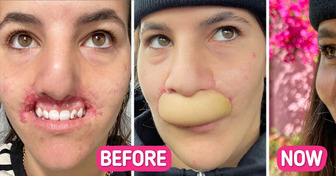
Let’s test out to see if you’re a night owl or an early bird. If you like to wake up early in the morning and have more energy during the first part of the day, you’re certainly an early bird. On the flip side, if you come alive when the moon is high and the stars are out, you might be a night owl.
It also means you’re the type of person who can stay up into the wee hours, savoring the silence and tranquility that the nighttime offers. For you, staying up late is a breeze, while hitting the snooze button in the morning becomes a tempting routine.
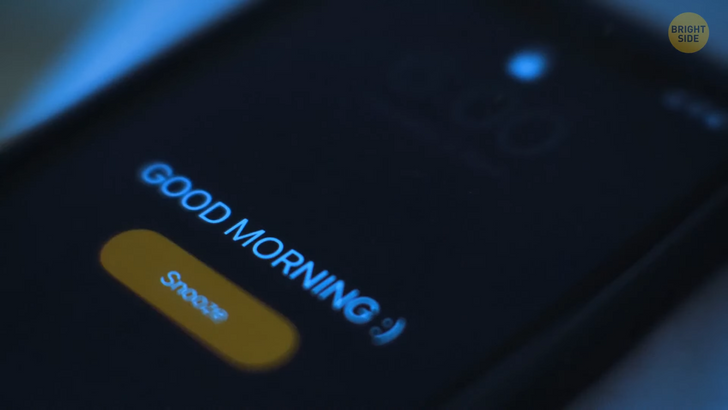
But hey, there’s a little more to it than just early to rise or late to sleep. The early birds, though they start off the day in high spirits, tend to wind down as the day progresses. Come afternoon or evening, they may find it a struggle to keep their eyes open. In contrast, the night owls might stumble out of bed in the morning feeling a bit... meh. It can take them anywhere from half an hour to an hour to shake off the sleepiness and kick-start their engines. But once they’re past this initial slump, they gradually start to ramp up their energy levels.
Problem is, these so-called “morning people” seem to be running the world. You remember the old saying, right? The one about the early bird catching the worm, or that going to bed and getting up early puts you on the fast track to becoming healthy, wealthy, and wise. We’ve heard them all, and there’s this general assumption that being an early riser puts you in the winning lane of life.
You don’t have to do a lot of research to see that modern society is more comfortable for early risers. You just have to look around you. Most shops start their schedules at nine a.m., for instance. School is also conveniently placed in the first part of the day. But guess what? Modern science is calling this out. We humans are all unique and that is reflected in our sleep-wake cycles, too, also known as chronotypes. And, according to some research done in recent years, we’re actually talking about six different chronotypes.
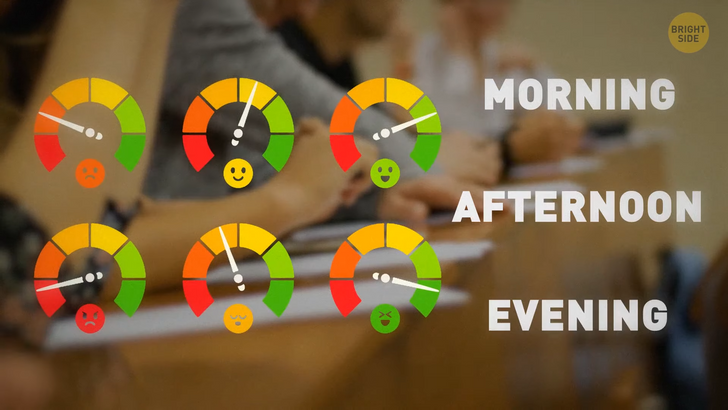
The study primarily targeted college students. They presented these individuals with six charts to understand their energy levels throughout the day (morning, afternoon, and evening). The participants then had to slot themselves into one of these categories. Surprisingly, only a mere thirteen percent are genuine morning enthusiasts. Almost double that number — twenty-four percent — are the people who burn the midnight oil. But the most interesting part is that the majority of people belong to entirely different sleep-wake cycles.
For instance, there’s a small yet spirited nine percent who are just bursting with energy all day long. On the other end of the spectrum, about sixteen percent of people are sleepy throughout their day. In scientific terms, these individuals are affectionately called “moderately active.” Then there are the eighteen percent morning-charged people who need a bit of a snooze in the afternoon.
Even if we add up the morning people, the all-day energetic folks, and the ones who need an afternoon siesta, we’ve got at most forty percent who function better in the morning. If we extrapolate this to the whole population, it seems like a minority of early birds are dictating our daily routines. I mean, think about it, not everyone is a morning person, but most jobs kick off at nine a.m., or even earlier in some cases.
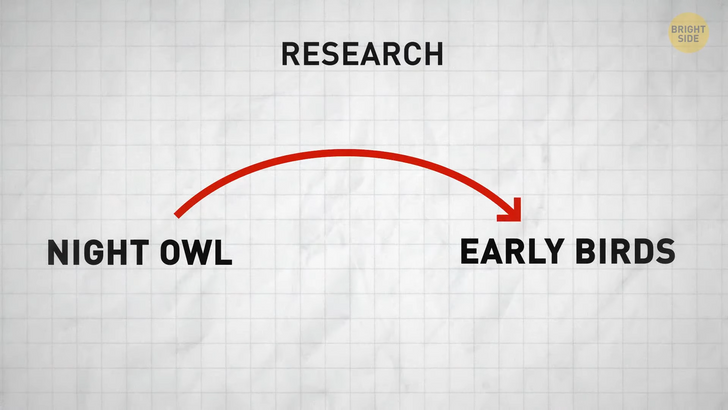
Sure, there are some caveats to this study. For one, college students aren’t exactly representative of the entire population. Also, they are notorious for pulling all-nighters, either hitting the books or partying and then sleeping late into the morning. So, the study might be overstating the number of night owls and understating the early risers. And, let’s not forget, the students were asked to assess themselves, and we all know how precise that can get.
Even with these limitations, this research paints a pretty clear picture. It tackles the myth that we are divided into only two groups — the morning people and the night owls. In fact, a substantial chunk, if not the majority, are not morning people at all. With the growing trend of remote working, it’s a blessing for those of us who function better in the afternoons and evenings. Finally, we can sync our work schedules with our natural sleep-wake rhythms.
But let’s say the initial classification is correct, that there are only two types of people: those that like to wake up early... and those that would rather not. It’s obvious that tending to wake up later during the day might come with its own set of challenges. You might find it hard to concentrate during those first working hours. You might even underperform while in class if you’re still in school. It raises the question: Could night owls become early birds? Well, here’s what science has to say: it’s possible, but certainly not a piece of cake.

Now, before we delve into how to make the switch, let’s get familiar with this fancy term named “chronotype.” Turns out that the chronotype saga isn’t a straightforward tale, though. It’s an intricate blend of nature and nurture, says science. On the nature front, many genes are at play, helping determine whether you’re a nighttime binge-watcher or a sunrise chaser. A bunch of studies have even highlighted hundreds of genes linked to morning people. These genes have a say in our circadian rhythm, which is just a fancy name for our natural sleep-wake cycle, leading to our chronotype.
That being said, your environment also plays a starring role. It’s like this: you engage in daily activities that sort of match your chronotype. Let’s say you’re a night owl. You’re all bright at night, so that’s when you choose to get your sweat on or hang out with pals. This, in turn, feeds your late-night tendencies.
The environment’s influence gives us hope, though! This means you can play around with your sleep-wake cycle to suit your lifestyle. Wanna become an early bird? Go slow and steady. Specialists advise gradually setting your alarm fifteen to twenty minutes earlier every few days over a period of weeks until you’ve hit your ideal wake-up time. Remember, consistency is your friend here. You might start adjusting as your work week progresses, but if you revert to your late-night ways and morning snoozes on weekends, you’ll hit a roadblock. That momentum you’ve been building all week will soon be gone.

Light exposure also plays a crucial role. Before bed, switch off those screens to avoid blocking the production of melatonin, a hormone that sets your sleep-wake rhythm. When you wake up, let the light in, signaling your body to wrap up melatonin production. Late-night activity can mess up your transition, too. Swapping your night workout sessions for morning or afternoon ones could work wonders. You might even need to reconfigure your meal timings. But hey, if being a night owl suits you and doesn’t interfere with your commitments, feel free to keep that schedule.
You know how some people get super inspired by those top CEOs and try to replicate their ’crack of dawn’ routine, right? Well, it might not be as awesome as you think! If you’re trying to be an early bird, but you’re cutting back on your beauty sleep, that’s a big no-no. You’re basically inviting a whole entourage of unpleasant stuff, like feeling grumpy, struggling to focus, potentially gaining weight, feeling jittery, and upping the risk of having heart problems.
And here’s another nugget of wisdom. If you’re hitting the ground running super early, you have to wrap up your work earlier too. Otherwise, what’s the point, right? Most sleep specialists have a bone to pick with big shots who start their day really early, but then also burn the midnight oil either in their offices or glued to their email inboxes. It sets a harmful trend. So, if you’re a night owl trying to switch to an earlier morning routine, maybe it isn’t all that good if it means compromising on healthy, restful sleep. You should be okay with making the necessary changes if you keep it balanced, though.


